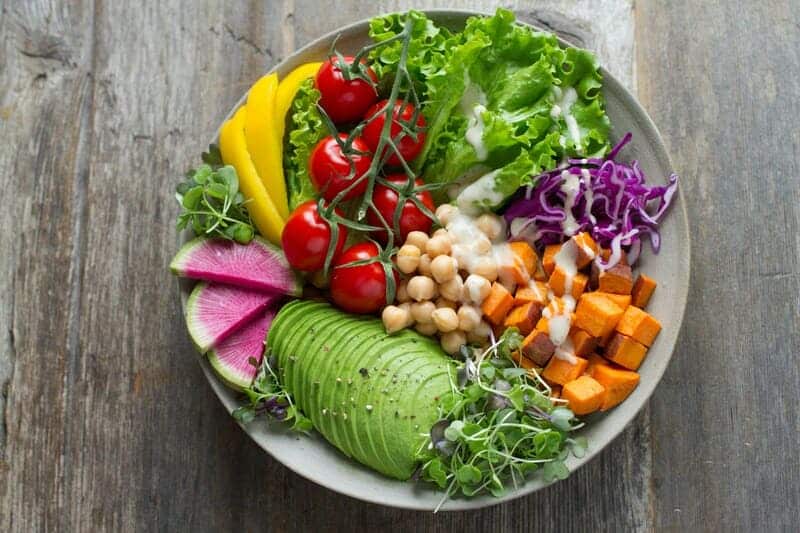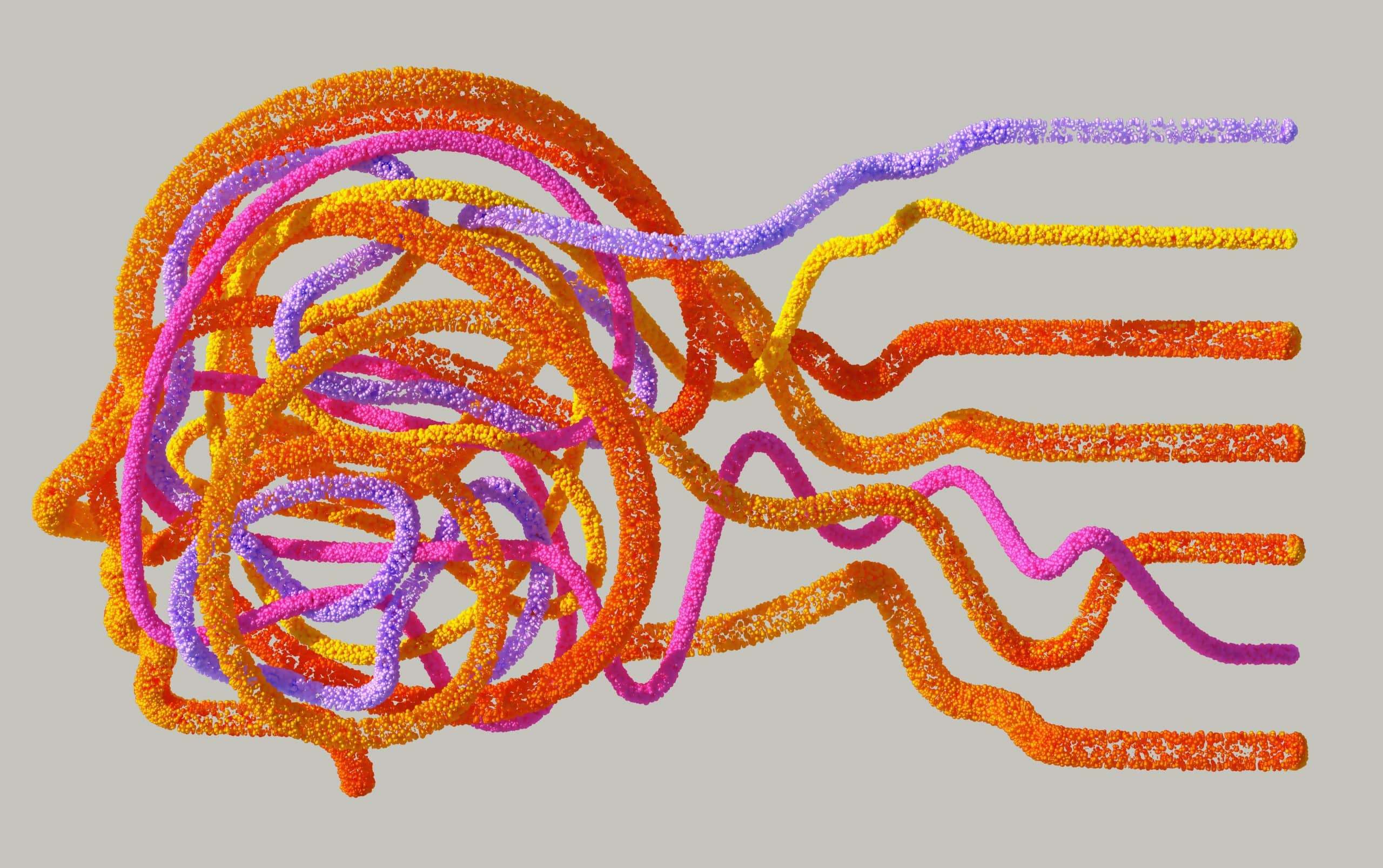Have you ever been asked what diet does to your mental health? Right from childhood, you may have been told eating well helps you look and feel great. What you have presumably not heard is that a healthy diet can also affect your mental health. Research has demonstrated that what we eat directly impacts our mental health. Moreover, eating a healthy diet can help if you are experiencing stress or simply want to maintain good mental health.
How are Food and Mental Health Linked?
Research has proven that what we eat is linked to our health. Numerous factors influence the relationship between what you eat and your mental health. Apparently, that link between what you eat and how you feel exists because your brain and gastrointestinal (GI) tract (also known as the “second brain”) are inextricably linked.
How it works: Billions of bacteria live in your GI tract, influencing the production of chemicals that constantly transmit messages from your gut to your brain. Serotonin and dopamine are two widely recognized examples of this. When you eat nutrient-dense foods, “good” bacteria grow, producing more of these chemicals.
When production is at its peak, your brain receives these positive messages clearly, and your mental state reflects this. When you consume a variety of nutrient-dense foods, your mood will remain stable and you will be able to concentrate more effectively; however, if there is an issue with production, your mood may suffer as well.
Nutrients That Help Your Mental Health
If you add the following nutrients to your diet, be ready to have a good turnaround in your mental health!
Whole Grains
A broad category that includes soy, oats, legumes, and wild rice, whole grains are complex carbohydrates that help the body and brain produce glucose slowly, providing consistent energy. Whole grains also help the body absorb tryptophan, so eating whole grains with turkey or chicken can improve your brain’s ability to combat depression and anxiety.
Fiber
Plant-based foods are high in fiber, which slows your body’s absorption of glucose. This keeps your blood sugar levels stable. Fruits, vegetables, and nutrient-dense carbohydrates such as whole grains and beans are all excellent sources of fiber. Adding these foods to your diet is best.
B Vitamins
B vitamins, which include folate and B12 among others, help the brain produce chemicals that affect mood and other brain functions. They have long been known to improve mood and mental health. The vitamins are also required to produce neurotransmitters, chemicals that make you feel good and influence your mood.
Vitamin D
Researchers discovered that vitamin D may help keep your mood stable and reduce your risk of depression. You can get Vitamin D from sunlight. It helps the body produce serotonin which can improve your energy, mood, anxiety, and cognitive function, as well as strengthen your immune system.
Magnesium
Minerals like magnesium are essential to maintain a steady heartbeat and help your muscles and nerves function; not getting enough of them can harm your gut bacteria and cause depression and anxiety. Stock up on natural foods like bananas, beans, cacao nibs, almonds, and cashews and consume plenty of spinach and other dark, leafy greens.
Salmon
Salmon contains large amounts of omega-3 fatty acids. Omega-3s may improve the mood of people suffering from mental illnesses; they can also improve the brain’s ability to remember old and learn new information. You can also eat mackerel, tuna, and herring, which are rich in fat.
Avocados
An excellent food for the brain, avocados contain healthy fats that help the brain function properly; they also have a high concentration of lutein, a pigment that’s been linked to brain health benefits. Avocados include high amounts of folate and vitamin K, which can improve your mood, memory, and ability to focus. These foods also feature other beneficial nutrients, such as magnesium, vitamin C, and vitamin B. All of these are healthy for your brain.
Lean Proteins
Interestingly, lean proteins provide you with much extra energy that allows your body to think and act more quickly. Some examples of these protein-rich foods include chicken, meat, fish, eggs, soybeans, nuts, and seeds. Eating them in moderation can help boost your mental health.
Anti-Inflammatory Foods
When you eat foods such as olive oil, tomatoes, berries, turmeric, ginger, nuts and seeds, those foods will help you reduce systemic inflammation in your body. These foods can make you feel better, both physically and mentally. Eating healthy nutrients is very important to your mental health.
Wrapping Up
Spending money on your mental health is similar to spending money on your entire life. Giving your body and mind the right nutrients can help you face life’s challenges with strength and clarity. So, if you are trying to set a new diet goal, free feel to add any of the nutrients stated above and make sure to stay hydrated as well.
Disclaimer: This article is intended simply to provide information. It does not replace the medical advice of a physician. Please speak with your doctor if you have any questions or concerns.
For More Great Content
Total Apex is an all-encompassing content producer. We provide heavily detailed articles every day on health and wellness, entertainment, gaming, sports, and so much more! Check out all our great mental health content at Total Apex Entertainment. Check us out on X @TotalApexEandG.











